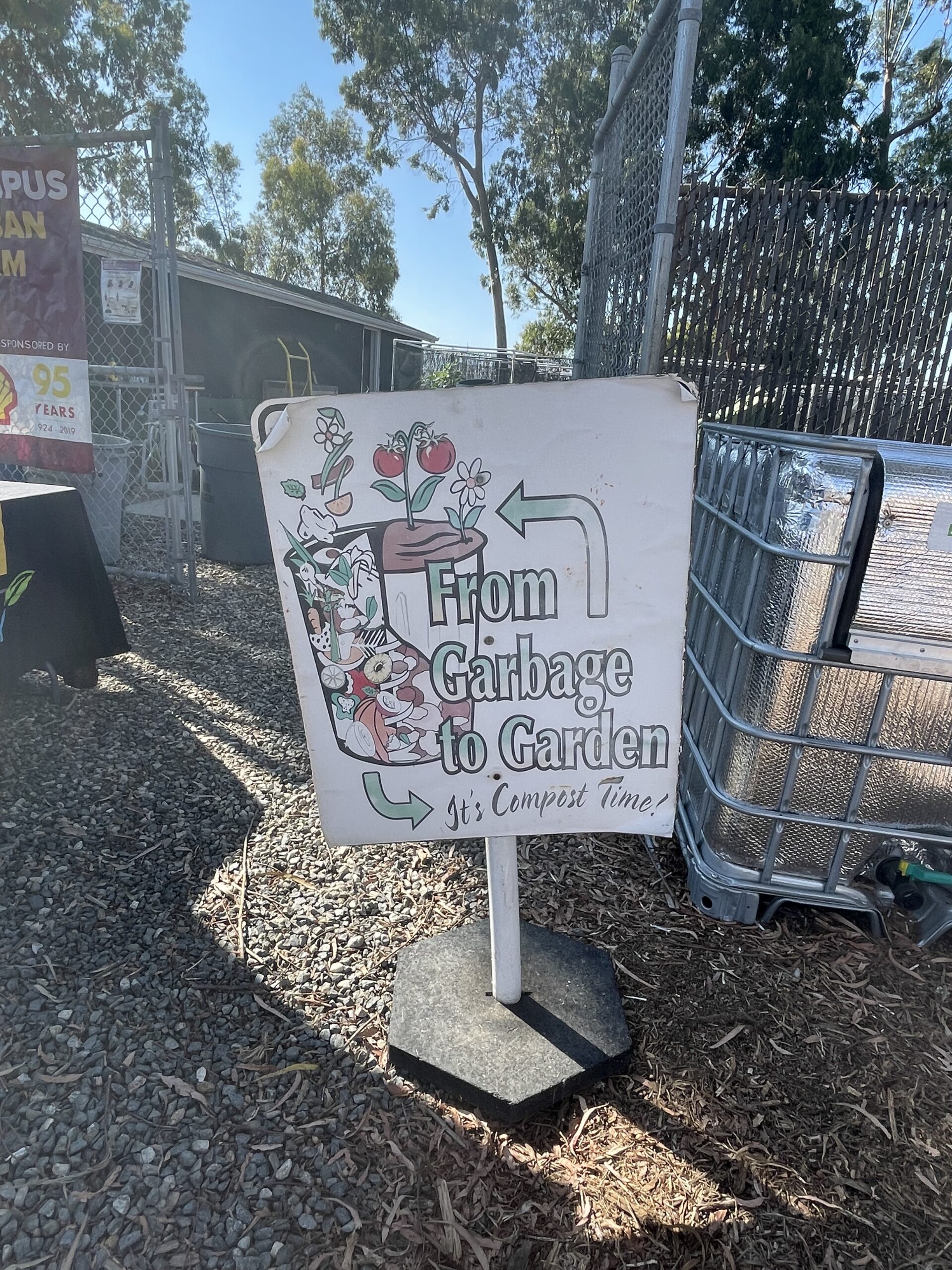Best way to go green or grow with love.
By Jesus Loza, Staff Reporter
The urban farm at California State University, Dominguez Hills encourages students to make this campus a better place by engaging in more sustainable solutions. In addition to growing fruits and vegetables, the farm’s goal is to participate and engage in the efforts to end global warming, as well as to become a facility that is conscious about their water usage.
The impact of establishing more urban farms is minimizing the agricultural carbon footprints by eliminating the need to store and transport imported products. Also, by using an aquacultural method to promote water-saving, sustainability, and better resource protection. Agricultural farms and urban gardens can also help low-income communities by having access to healthful fruits and vegetables grown locally within their communities.
According to the United States Department of Agriculture (USDA), approximately 300 urban farms in the United States were discovered in 2012 research.
Dr. Jenney M. Hall, lecturer in the Interdisciplinary/Environmental Studies department proposed the CSUDH urban farm project back in 2017. This was made after imagining an outdoor laboratory space that would later become the farm. Which, in turn, would be the former spot in the physical plant on campus. The campus farm was officially approved by the presidential cabinet in February of 2018.
The Faculty Fellows grant from CSUDH’s Center for Service-Learning, Internships, and Civic Engagement helped to support the urban farm, which was designed to increase experimental learning through a service-learning program.
Today the farm continues to serve as a site for faculty-led research as well as experimental learning for students.
This month, the farm hosted multiple workshops around urban gardening. The workshops which were both held online and on campus range from Crop Care & Pest Management the first week. Companion Planting, Pollinators, and Native Plants the second week. Soil & DIY Composting the third week.
“These workshops are crucial because they teach sustainability for everyone on campus. It’s also useful to grow your own stuff to help combat climate emissions,” said David Saldaña, sustainability programming and development coordinator.
The urban farm provides great resources to assist students in a variety of ways. According to Saldaña, this garden helps combat food insecurities for students that need food essentials by donating it’s fruits and vegetables to the CSUDH basic needs program that contributes food to students.
“I think growing your own fruits and vegetables is something everyone is going to have to consider doing in the future since prices are going up and many restaurants are already experiencing food shortages,” said Andrea Garcia, an earth science major senior at CSUDH who attended the workshop.
The urban farm is open to volunteers and interns from the sustainability program to assist with the green-waste/composting system for the campus. For future workshops and events hosted by the farm, students can visit their webpage or contact [email protected].

